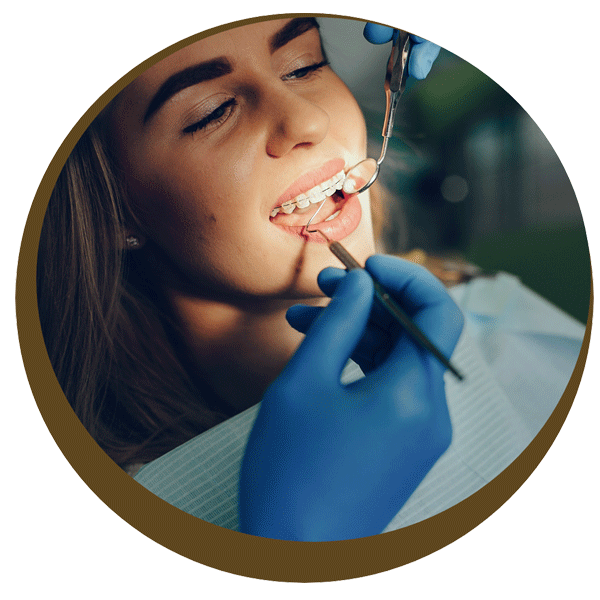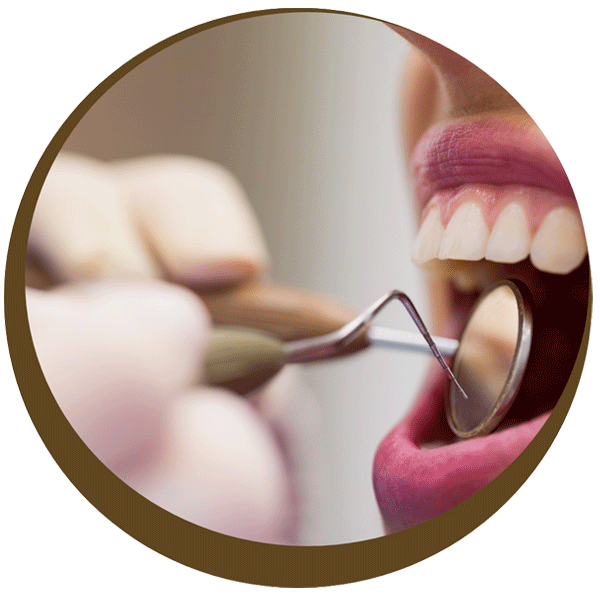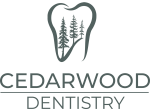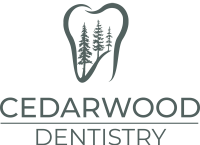If you’re experiencing pain or other issues in your jaw, you may be having problems with your temporomandibular joint, or TMJ. The TMJ is the joint in your mouth that hinges your lower jaw to the rest of your skull and makes it possible for you to open and close the mouth. If issues such as pain when speaking, eating, swallowing, or making facial expressions arise, you may need to consult a dentist to evaluate TMJ treatment options.
At Cedarwood Dentistry in Midlothian, VA, we specialize in diagnosing TMJ issues and treating TMJ disorders with a comprehensive and personalized approach. Our expert team is dedicated to helping you find relief and improve your overall oral health.
TMJ Disorder Symptoms
- Pain is the most prevalent sign that you have a TMJ disorder or issue. It could be a dull throbbing in your jaw or an ache in the ear. People who suffer from TMJ disorders also report headache pain and discomfort in the neck or shoulders.
- Stiff muscles in the jaw or ‘lock-jaw.’
- Limited movement or difficulty opening and closing your mouth.
- Popping or clicking when opening or closing your mouth.
- An irregular bite.
- Ringing or pressure in the ears.
- Hearing problems.
- Vision issues.
- Dizziness.
- Sensitivity in your teeth.
Discomfort while chewing or pain in your jaw does not necessarily mean you suffer from a TMJ disorder. The best way to prevent problems and reduce discomfort is to see your dentist for an exam.


Root Causes of TMJ Disorders & Issues
So, what causes TMJ disorders? Typically, behaviors like grinding your teeth and clenching your jaw can contribute to issues with the TMJ. Stress and strain caused by these actions lead to inflammation, which results in TMJ pain.
Some other reasons you may suffer from TMJ issues include injuries or trauma to your jaw and arthritis. Hormones and medical history can also play a role in your risk for contracting TMJ disorders, and many specialists believe there is a genetic link. Unfortunately, if one of your parents struggled with TMJ issues, you may too. If you have an auto-immune disease or infection of some kind, you are also at a higher risk.
Treating TMJ Disorders & Issues
TMJ treatments should not involve permanent changes or modifications to your teeth or jaw. Cedarwood Dentistry can recommend the best treatment approaches for dealing with TMJ disorders, including the following:
- Over-the-counter medications for pain and inflammation
- Prescription medications
- Jaw stretches and exercises to relax the muscles in the face
- A night guard or plate to prevent further pain and misalignment and deter grinding and clenching
You may also find relief in cold compresses, which reduce the swelling that causes much of the pain associated with these types of conditions.



